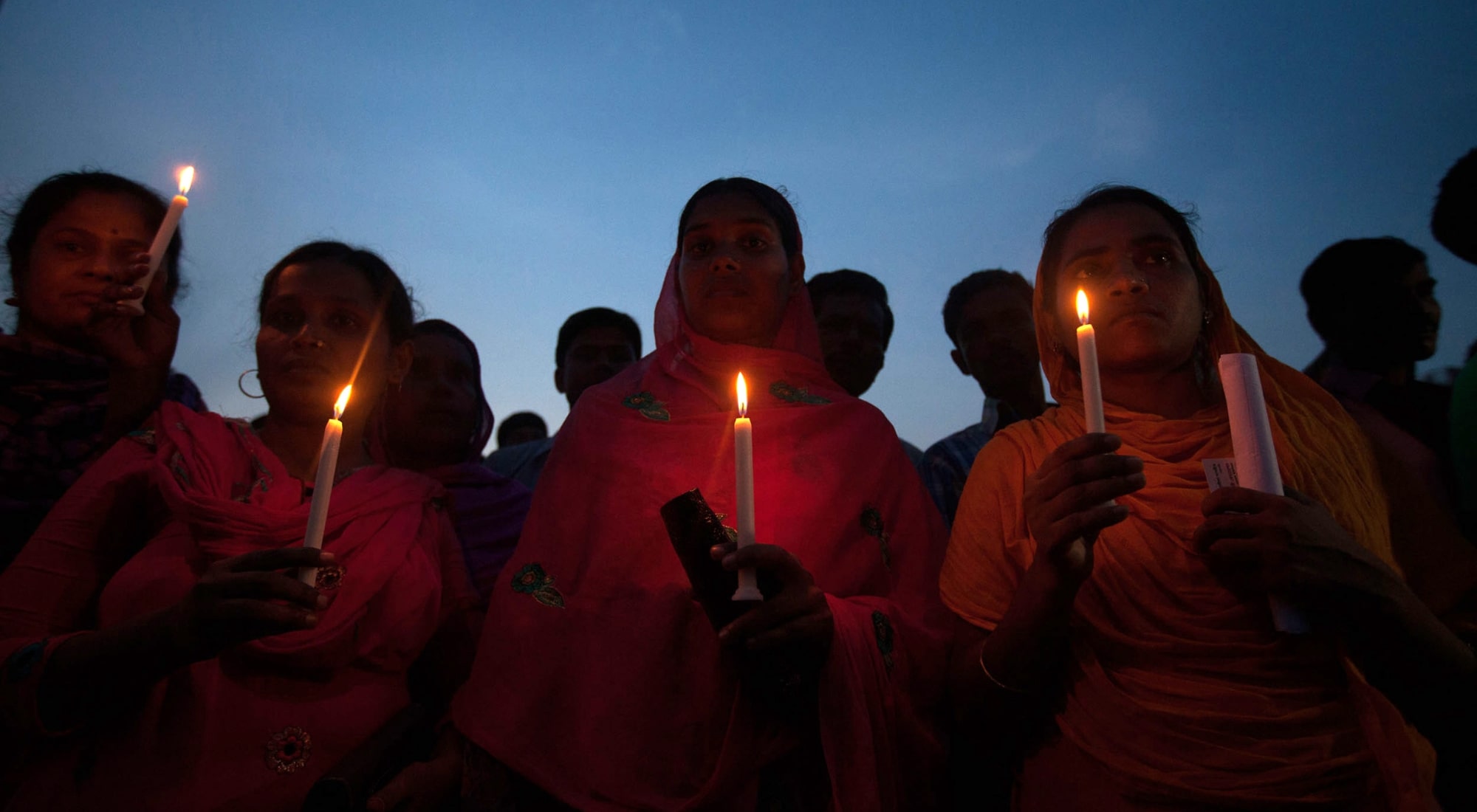On April 24, 2023, we mark the tenth anniversary of the deadliest disaster in the global garment industry. On that day in 2013, the Rana Plaza garment factories collapsed in Bangladesh, killing more than 1,100 people most of whom were women and injuring 2,500 others.
The Rana Plaza disaster was a preventable tragedy that ruined the lives of thousands of people. Ten years later, Canada still does not have mandatory human rights and environmental due diligence legislation to prevent similar tragedies from happening again. Take action now and call on Canada to finally pass a law requiring Canadian companies and importers to respect human rights throughout their supply chains. Sign our petition before April 24th.
Canada’s role in Rana Plaza
Many Canadians were shocked to find out that their clothes were made in one of the five garment factories inside the Rana Plaza building. But for human rights groups and labour activists, it wasn’t a surprise.
Bangladesh offers some of the cheapest labour in the world. These garment workers receive poverty wages, barely making ends meet in service of a demanding and fast-paced global garment industry. This downward pressure on price creates unsafe working conditions for garment workers. In a race to the bottom, Canadian brands and importers are still sourcing their clothes from garment factories in Bangladesh.
What caused the Rana Plaza garment factories to collapse?
Rana Plaza was built on unsuitable land with shoddy construction materials while inspectors took bribes to look the other way. The Rana Plaza building collapse highlights a pervasive problem of undue corporate influence on governments. All too often business interests and profits are prioritized over human rights and can prevent victims from obtaining justice.
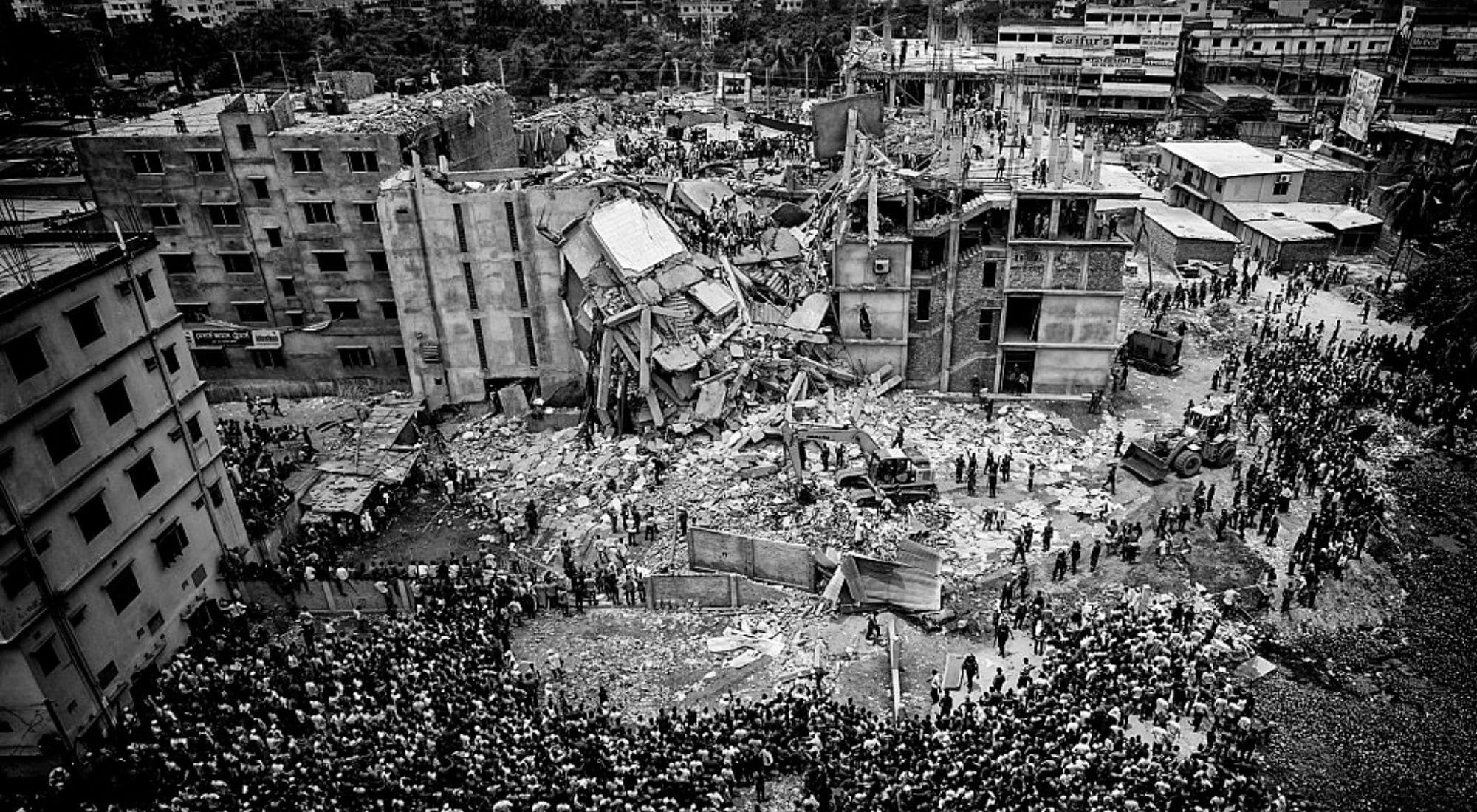
Was Rana Plaza preventable?
Garment workers did not want to enter the Rana Plaza building because of safety concerns. They spotted cracks in the walls the day before and workers were sent home. Despite this, managers ordered garment workers back to work the next day. The garment workers were handling a large volume of orders and delays would be costly.
Who was legally responsible for the Rana Plaza collapse?
There has been much debate about who was responsible for the Rana Plaza building collapse, and how such a catastrophe could be avoided in future. The discussion has focused on the nature of global supply chains, workers’ rights and safety standards, and the huge market for cheap fashion in the West.
But one particular issue in the debate about the Rana Plaza building collapse has been neglected: corporate power and the relationship between business and government.
Can Rana Plaza happen again?
Yes, the Rana Plaza disaster can happen again. Amnesty International and its partners believe concerns for workers cannot stop at Canada’s borders. The millions of people who make clothes around the world cannot be abandoned.
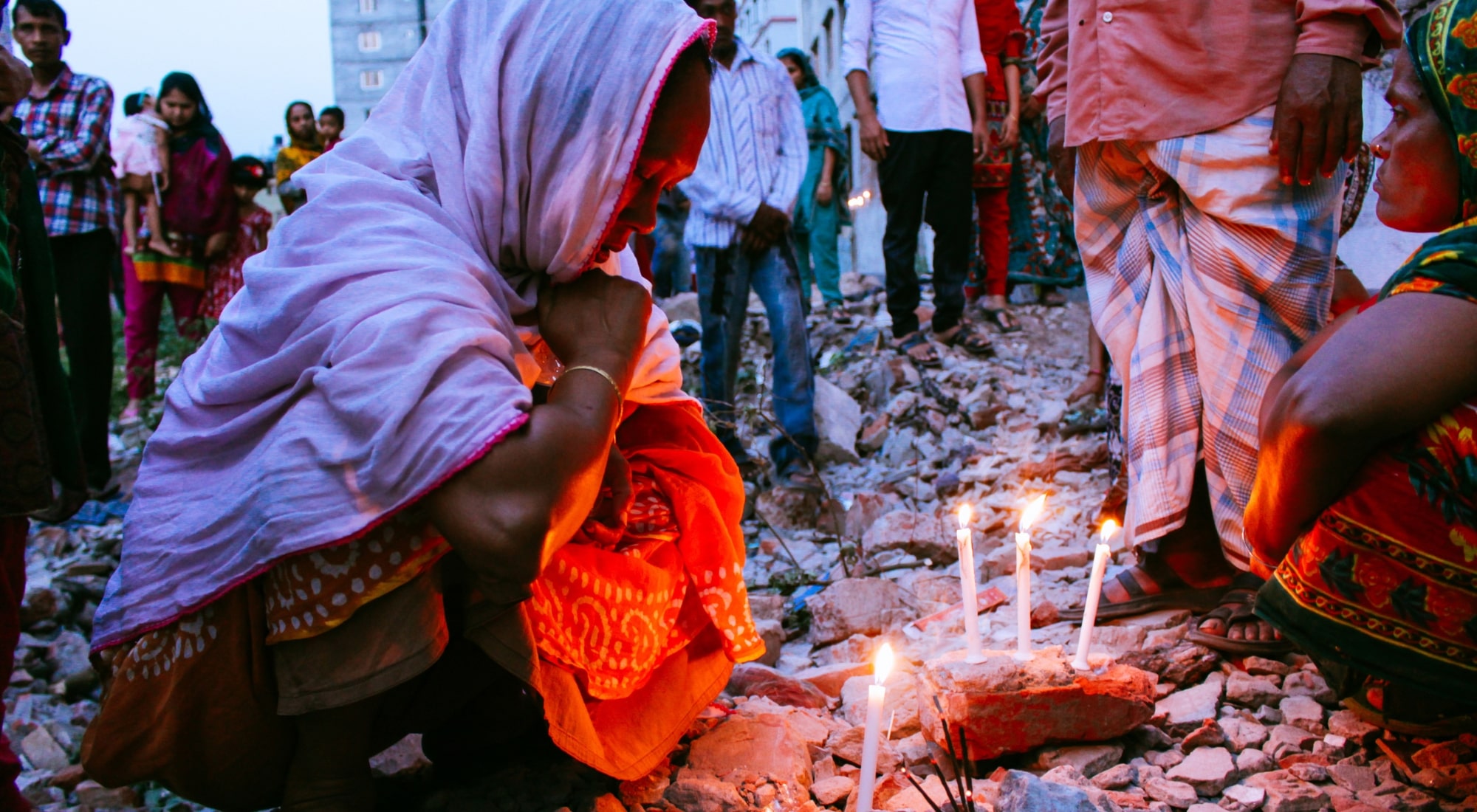
Protect the rights of workers around the world
Canadian brands are not just linked to human rights violations in Bangladesh. They continue to be connected to serious violations of workers’ human rights around the world.
Nearly 10 years since the Rana Plaza disaster, Canada is still failing the victims of Rana Plaza. Canada still has no laws to effectively prevent human rights abuses in Canadian supply chains.
Amnesty International has documented numerous instances where Canadian companies have been involved in human rights violations, environmental damage, and attacks on Indigenous peoples and their territories. These abuses happen both within Canada and abroad.
Despite this, Canada has no legislation in place that holds these corporations accountable for their actions.
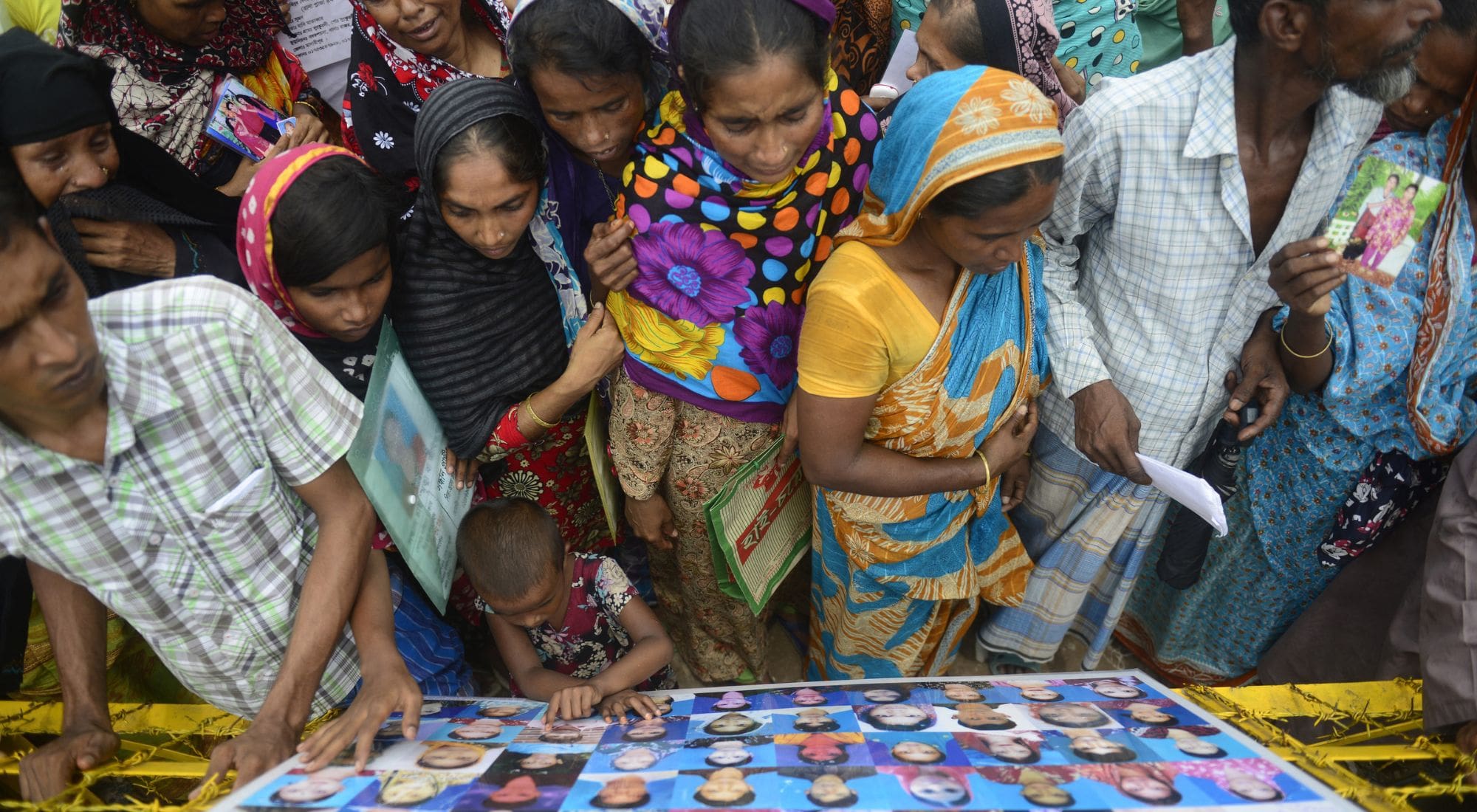
Voluntary and ineffective laws
Unlike several countries that have introduced stronger laws to ensure that their corporations adhere to human rights and environmental standards, Canada continues to rely on voluntary mechanisms. These tools lack teeth and are proven to be ineffective.
It is time for the Canadian government to take meaningful action. Canada needs mandatory human rights and environmental due diligence legislation.
This law could prevent human rights violations and environmental damage. It would require companies to conduct due diligence and publicly report their steps to prevent harm. It would outline significant consequences and access to remedies for people hurt by Canadian companies.
Amnesty International Canada and the Canadian Network for Corporate Accountability (CNCA) have lobbied the Canadian government for many years. We want the government to introduce a corporate due diligence law.
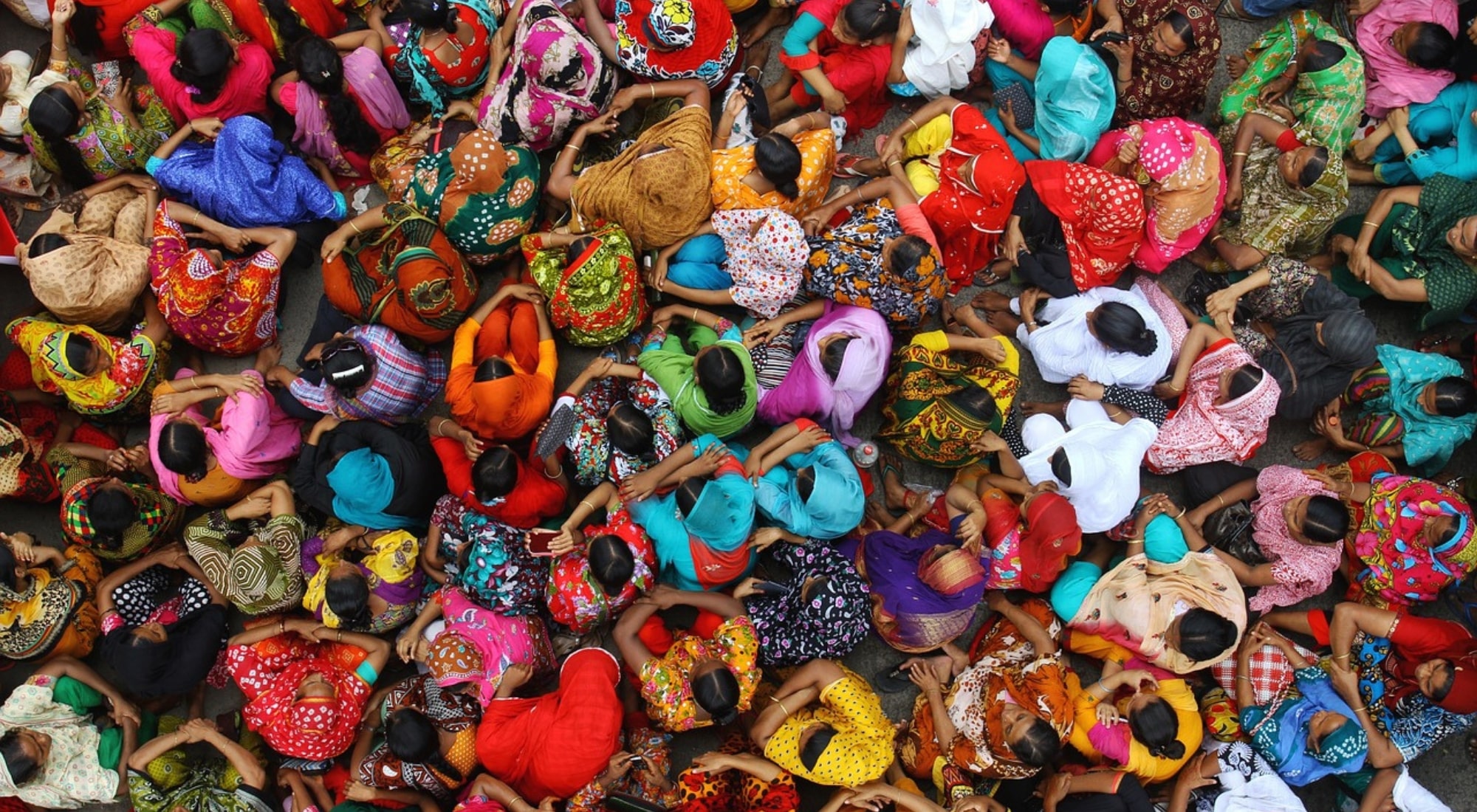
Hold corporations accountable
Amnesty International Canada and the Canadian Network on Corporate Accountability invite you to take part in Days of Action events on April 24th and 25th 2023 in Montreal and Ottawa respectively.
Take action for a law to stop human rights abuse and environmental damages by Canadian companies. It can’t wait another 10 years.
Take action before April 24th
Take action now and call on Canada to finally pass a law requiring Canadian companies, and companies importing goods into Canada to respect human rights throughout their supply chains. Sign our petition before April 24th.
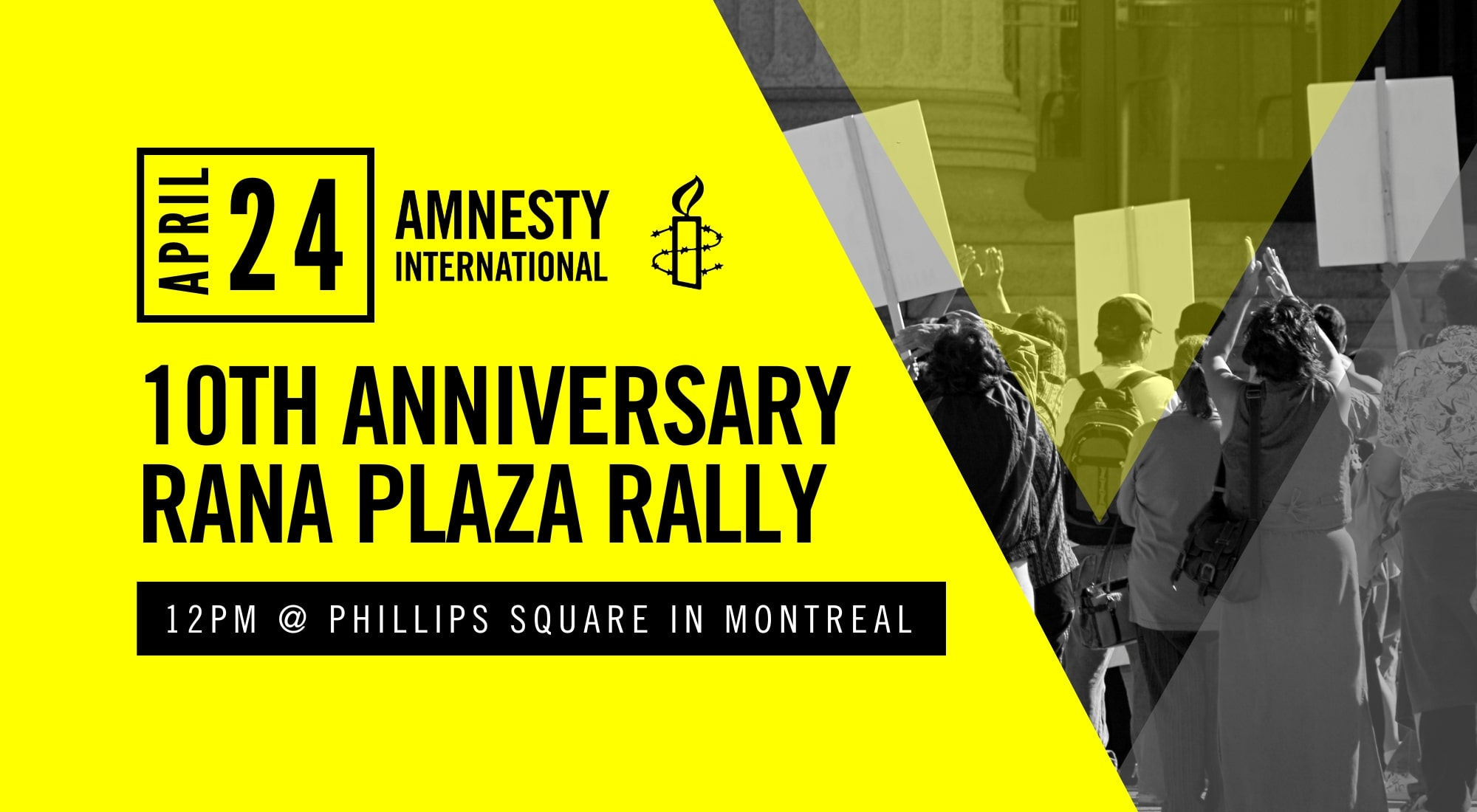
10th Anniversary Rana Plaza Rally in Montreal
Join us on Monday, April 24 from 12:00-1:00 pm for the 10th Anniversary Rana Plaza Rally hosted by Amnesty International Canada English speaking section, Canadian Network on Corporate Accountability and other partners at Phillips Square in Montreal.
If you would like to know more about the event and participate, please reach out to Melak, Amnesty International Canada’s Corporate Accountability and Climate Justice Campaigner at Mgebresilassie@amnesty.ca
Learn more about Rana Plaza
- Rana Plaza disaster: The unholy alliance of business and government in Bangladesh, and around the world
- Protect the Women Who Make Our Clothes
- Watch the CBC documentary Made in Bangladesh
Learn more about corporate accountability
- Climate Justice and Corporate Accountability actions
- Human Rights Advocates and Legal Experts Deliver Blueprint for New International Corporate Accountability Law in Canada
- Cracks in the “Canada Brand”: Corporate accountability during COVID-19
- Industry giants fail to tackle child labour allegations in cobalt battery supply chains












